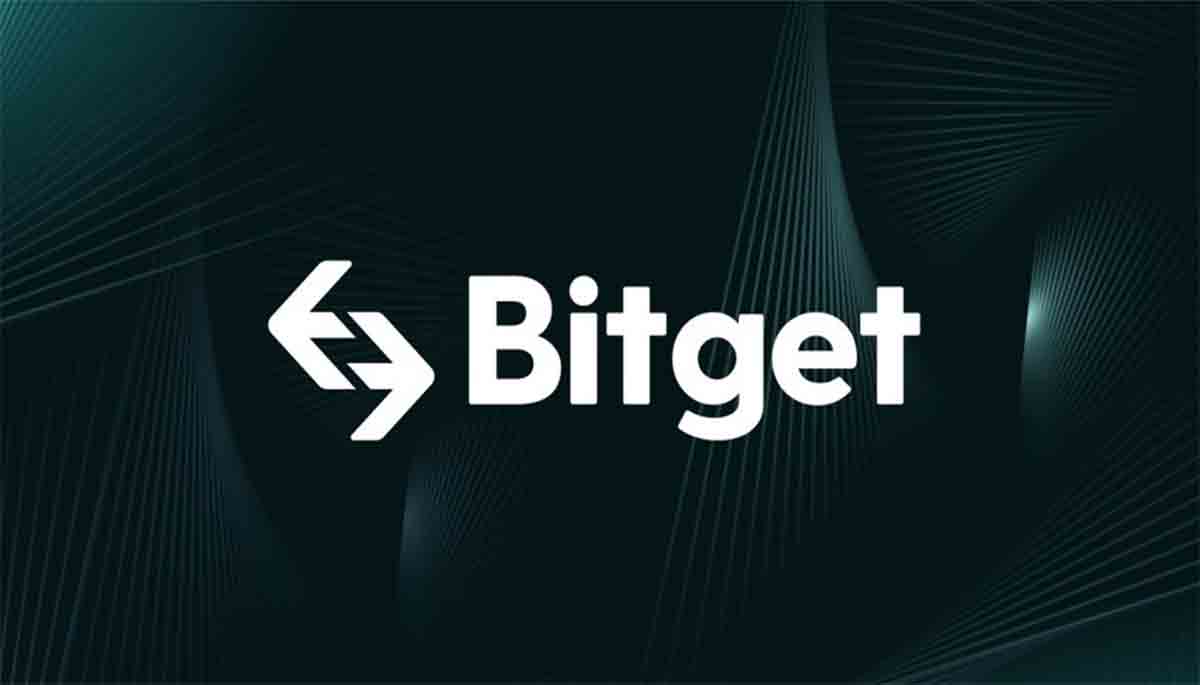Bitget, a renowned derivatives trading platform, is set to launch an innovative cryptocurrency lending program aimed at empowering users to leverage their own coins in exchange for loans with alternative digital assets. The platform’s latest offering caters to borrowers dissatisfied with traditional lending institutions, providing them with increased flexibility and opportunities for expanding their investment portfolios.
Gracy Chen, the esteemed managing director at Bitget, expressed her enthusiasm for the loan program, highlighting its potential to amplify capital utilization and the versatility of collateralized currency usage. Chen emphasized the value it brings to users by enabling them to stake less-demanded coins, thereby unlocking loans in more liquid assets conducive to their investment objectives.
Bitget’s Crypto Loans program offers borrowers the chance to utilize their cryptocurrency holdings as collateral and secure loans of equivalent value denominated in another digital currency. Each loan carries a specific interest rate, which is determined based on the prevailing market value of the staked collateral.
Also Check: Insured Americans Hit Hard: Survey Exposes Disturbing Problems with Health Insurance
The process of staking is a well-established procedure in Ethereum-based tokens, operating on the principles of validating cryptocurrency across different nodes on a blockchain. By participating in staking, both individual validators and those delegating their crypto assets to them stand to receive rewards proportional to their stake. This approach is particularly favored by passive investors seeking to maximize their returns.
Bitget’s move comes at a favorable juncture, with the platform identifying positive market conditions within the digital lending sector. According to Allied Market Research, the market was valued at $12.6 billion in 2022, and projections indicate it could reach $71.8 billion by 2032. A separate report from Global Market Insights, as referenced by Bitget, estimates the digital lending market to attain a value of $60 billion by 2032.
Compared to traditional lending avenues, digital lending offers the advantage of expedited decision-making, with approvals often granted within days instead of weeks. Nevertheless, it is essential to acknowledge the potential risks associated with digital lending, such as the vulnerabilities to hacking and fraud highlighted in a March 2023 report by the U.S. Government Accountability Office.
Moreover, the digital lending industry has faced notable failures in recent times. In June of the previous year, Celsius, a prominent crypto lender, filed for bankruptcy due to liquidity issues, which resulted in the suspension of customer withdrawals and the urgent need to settle outstanding debts. Similarly, in November, the collapse of crypto exchange FTX had a ripple effect on crypto lender BlockFi, ultimately leading to its failure. Genesis, another crypto lender, also filed for bankruptcy in January, following allegations of securities fraud violations by federal regulators, compounding the challenges faced in the aftermath of FTX’s demise.
Nevertheless, amidst these setbacks, several success stories have emerged within the crypto lending sphere. Notably, in December 2021, Fidelity partnered with crypto lender Nexo to expand the availability of digital assets to institutional investors. Furthermore, in response to Celsius’s bankruptcy, Nexo actively demonstrated its commitment to avoiding excessively risky loans, differentiating itself from its now-defunct competitor.
Also Check: Can You Experience Financial Loss in a Money Market Account?
Bitget emphasizes that its onboarding process draws inspiration from established procedures employed by traditional lenders, ensuring a seamless and familiar experience for users. The company also underscores its robust risk management measures in place to safeguard borrowers’ collateral and account for the assets held on its platform.
Earlier this year, Bitget announced a strategic collaboration with Space and Time (SxT) to develop a decentralized data warehouse that boasts a verifiably tamperproof audit trail. Additionally, the platform introduced a “proof of reserves” section on its website, enhancing transparency and granting users greater visibility into the assets held within its ecosystem.
